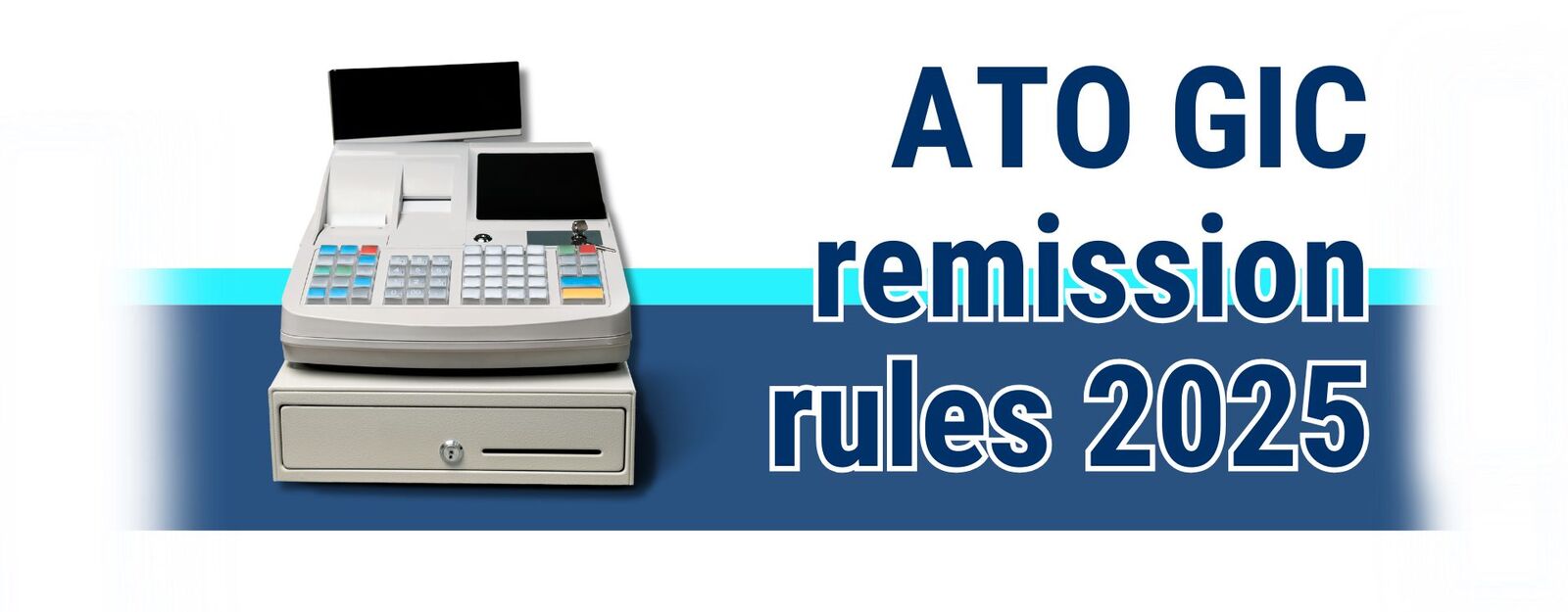ATO Tightens Rules on GIC Remissions
For years, many Australian businesses have relied on the ATO’s leniency in remitting the General Interest Charge (GIC)—the daily interest that accrues on unpaid tax debts. During COVID, in particular, the tax office often approved remission requests to ease financial pressures. But that period of flexibility is closing.
The ATO has confirmed that fewer remission requests will be approved in 2025, especially when late payments or defaults look deliberate or repeated. Businesses that fail to engage with the ATO early, or don’t provide sufficient documentation of hardship, may find their requests declined.
What’s changing?
Stricter criteria: GIC will be remitted only where genuine hardship or unavoidable circumstances exist.
Consistency push: ATO staff are being retrained to apply guidelines uniformly across all cases.
Documentation required: Businesses must now provide detailed records showing why they were unable to pay on time.
Why it matters
Ignoring tax debts can quickly become costly. The GIC compounds daily, meaning even a short delay can grow into a significant burden. With tighter remission approvals, businesses must be proactive: engage with the ATO, request payment plans, and keep accurate records of cash flow constraints.
Top Tip: Treat GIC remissions as an exception, not an expectation. Plan cash flow so your business avoids falling behind in the first place.
Speak to RBizz Corporate Accountants today—we’ll help you manage tax debt, negotiate with the ATO, and keep your business compliant.



































